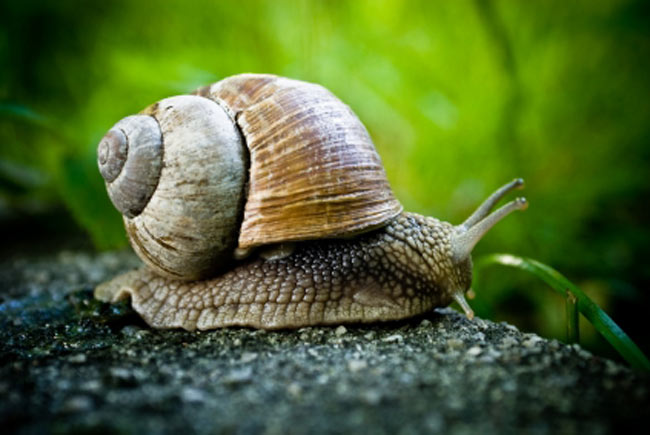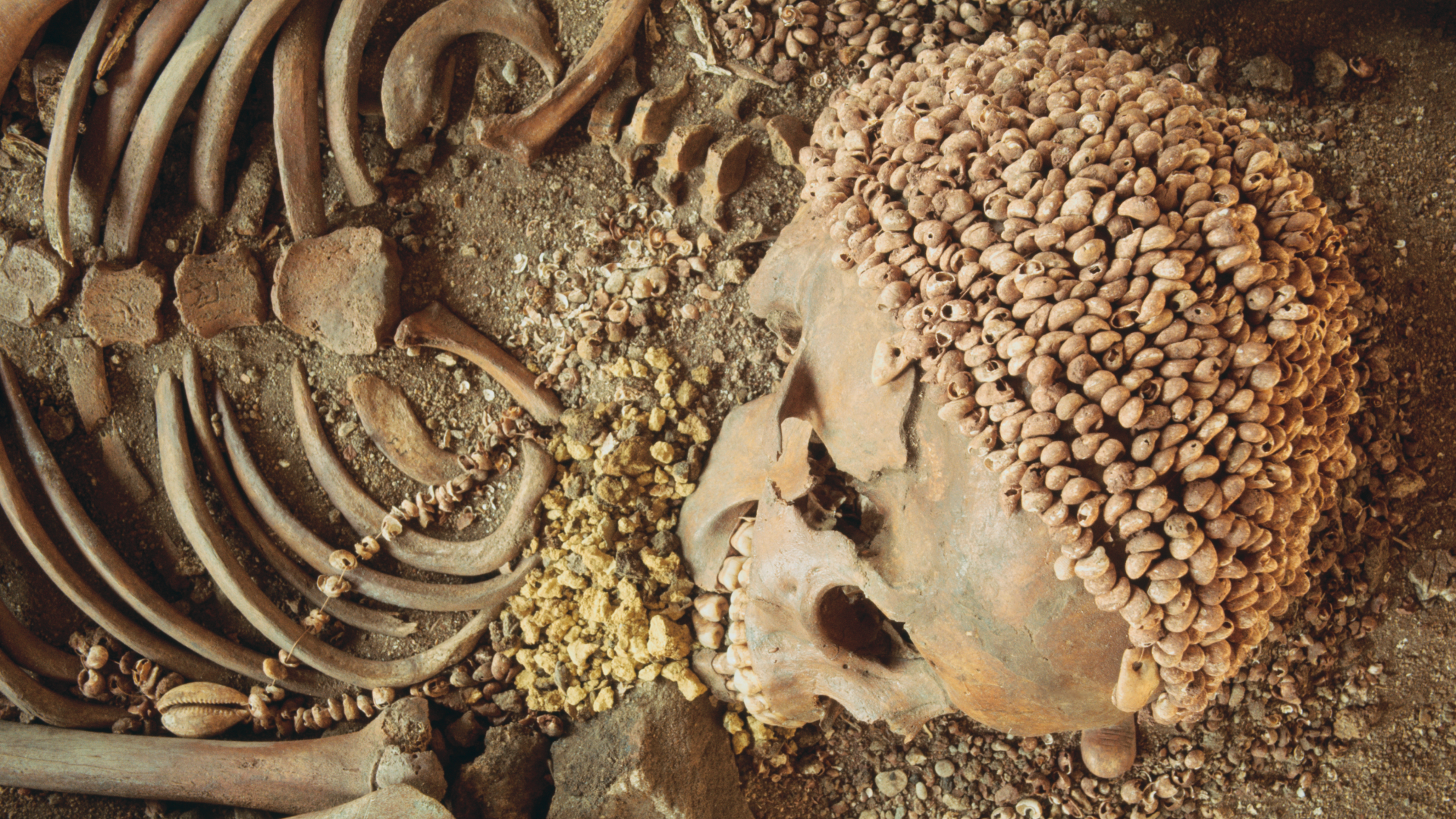Slow Snails Are Quick to Make New Species

Snails may split into different species rapidly precisely because they move so slowly, scientists now suggest.
These new findings could explain why some kinds of organisms have far more species than others.
Different populations of one species begin splitting into new species when they stop mating with each other. As such, evolutionary biologists Yael Kisel and Tim Barraclough at Imperial College London conjectured that snails and other lifeforms that occupy tiny areas might form new species more readily than others that get around more, reasoning that slowpokes are more likely to love the ones they're with than they are to pursue long-distance relationships.
To test their idea, the researchers surveyed the rates of species formation, or speciation, in plants and animals across 64 islands in the Atlantic, Pacific and Indian Oceans.
In the case of snails, the most sedentary group they investigated, they found they could speciate in very small areas indeed, forming new species even within the smallest island they looked at, Nihoa, which at roughly 200 acres is just a quarter the size of Central Park in New York. When it came to animals that move a lot, this area seen for speciation could be very large — bats, for instance, only speciated within very large islands such as New Zealand and Madagascar.
These findings could help solve the centuries-old puzzle of why groups or taxa of organisms vary so much in how many species they possess, Kisel said. For instance, beetle species outnumber mammal species by at least 60 to 1.
"According to the model, I'd expect that successful taxa with many species, such as beetles, would be groups of organisms that occupy a large area, perhaps because they are good at colonizing new regions and adapting to many different habitats, and don't move around very much, because they are small, or very territorial, or live somewhere with a lot of resources that are easy to exploit," she explained.
Get the world’s most fascinating discoveries delivered straight to your inbox.
Although their findings are strong, ecology and history are important factors in evolution as well, "and I think a strong general model of biodiversity will have to include them too," she noted.
Kisel and Barraclough will detail their findings in the March issue of the American Naturalist.
- Video - Snail Camouflage
- 10 Amazing Things You Didn't Know about Animals
- Amazing Animal Abilities

 Live Science Plus
Live Science Plus





